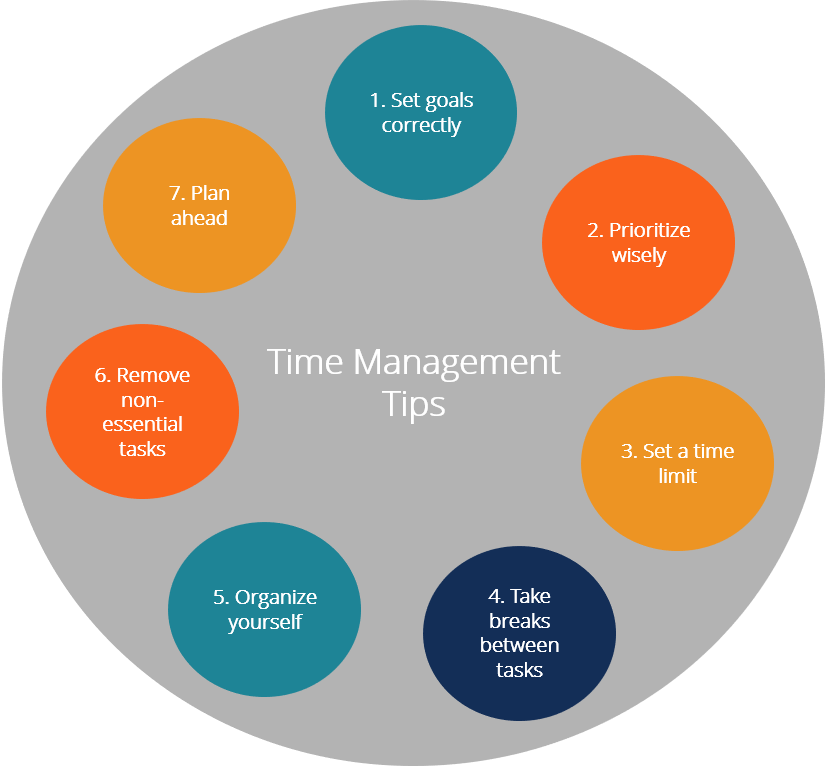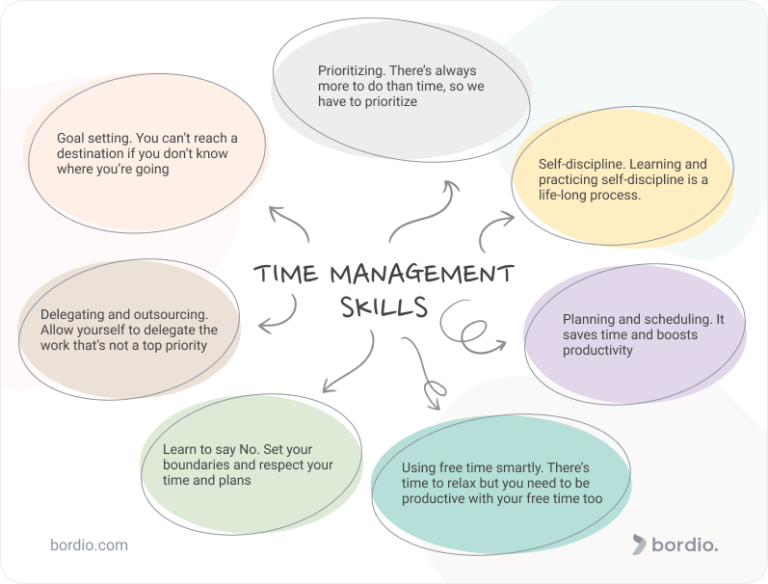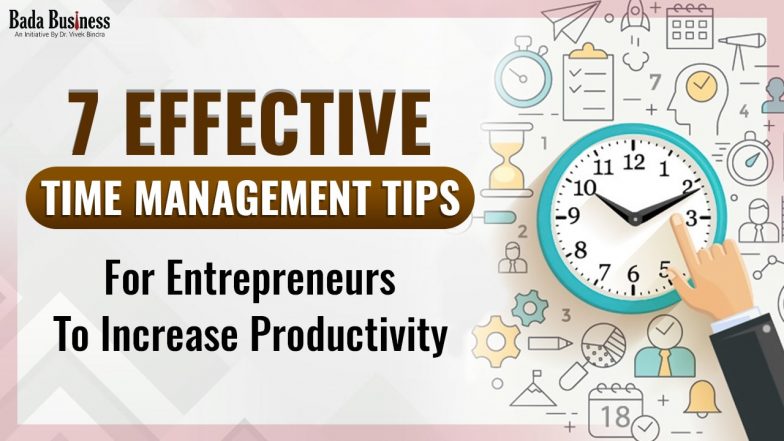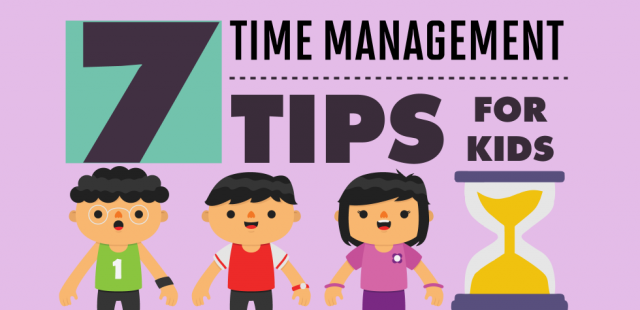
Effective time management is the backbone of productivity and success in both personal and professional life. It's about making the most out of the 24 hours we have each day, focusing on what's truly important, and minimizing waste on non-essential activities. In today's fast-paced world, mastering time management skills is more crucial than ever. Whether you're a student, a working professional, or an entrepreneur, the ability to manage your time wisely can be the difference between achieving your goals and merely dreaming about them.
The benefits of good time management are numerous. It not only boosts your efficiency and productivity but also reduces stress and anxiety, improves work-life balance, and opens up time for personal development and leisure activities. However, many of us struggle with managing our time effectively, often finding ourselves overwhelmed with tasks, leading to burnout and decreased motivation.
The key to effective time management lies in developing strategies that work for you and sticking to them. It's about being intentional with your time, setting clear priorities, and maintaining discipline in your daily routine. Here, we'll explore seven time management tips designed to help you maximize your productivity, reduce stress, and achieve your goals.
1. Set Clear Goals

Before you start managing your time, it's essential to know what you're working towards. Setting clear, specific, measurable, achievable, relevant, and time-bound (SMART) goals helps focus your efforts on what's truly important. Your goals should align with your values and priorities, giving you direction and motivation.
Steps to Set SMART Goals:
- Specific: Clearly define what you want to achieve.
- Measurable: Quantify your goal so you can track progress.
- Achievable: Ensure your goal is realistic based on your resources and constraints.
- Relevant: Align your goal with your values and priorities.
- Time-bound: Set a specific deadline or timeframe for achieving your goal.
2. Prioritize Tasks

Effective time management hinges on prioritizing tasks based on their importance and urgency. The Eisenhower Matrix is a useful tool for this, categorizing tasks into four quadrants: urgent & important, important but not urgent, urgent but not important, and not urgent or important. Focus on the first quadrant first, then allocate time for tasks in the other quadrants based on their priority.
Using the Eisenhower Matrix:
- Urgent & Important: Deadlines, emergencies.
- Important but Not Urgent: Planning, relationship building.
- Urgent but Not Important: Interruptions, emails.
- Not Urgent or Important: Leisure activities.
3. Use a Time Management System

Adopt a time management system that suits your lifestyle and preferences. This could be a planner, calendar, or app. The key is to find a system that you enjoy using and can stick to. Consistency is key to developing a routine that enhances your productivity.
Popular Time Management Tools:
- Planners (e.g., Passion Planner, Erin Condren LifePlanner)
- Digital Calendars (Google Calendar, Apple Calendar)
- Apps (Trello, Todoist, RescueTime)
4. Manage Meetings and Interruptions

Meetings and interruptions can significantly derail your productivity. Implement strategies to manage these distractions. For meetings, ensure each has a clear agenda and outcome. Limit the number of meetings and keep them short. As for interruptions, establish clear boundaries, use your door or flag to signal when you're not to be disturbed, and consider implementing "office hours" for colleagues and family.
Strategies for Reducing Interruptions:
- Schedule "focus time" without meetings or calls.
- Use technology to block social media or email notifications.
- Communicate your availability and work hours clearly.
5. Delegate Tasks

Learning to delegate tasks effectively is a crucial time management skill. Identify tasks that can be handled by others, whether it's a colleague, subordinate, or family member. Delegating not only frees up your time for more important tasks but also develops the skills of those around you.
Steps to Effective Delegation:
- Clearly communicate the task and expectations.
- Provide necessary resources and support.
- Establish a deadline and follow up.
6. Practice Time Blocking

Time blocking involves scheduling tasks in fixed, uninterrupted blocks of time. This technique can significantly enhance your productivity by minimizing multitasking and reducing the time spent switching between tasks.
Implementing Time Blocking:
- Allocate tasks to specific time slots in your calendar.
- Eliminate distractions during these blocks.
- Take breaks between blocks to recharge.
7. Review and Adjust

Finally, regular review and adjustment of your time management strategy are crucial for its success. Life is dynamic, and your priorities may change over time. Regularly assess what's working and what areas need improvement. Be flexible and willing to adjust your approach as needed.
Steps for Regular Review:
- Schedule regular review sessions (e.g., weekly, monthly).
- Evaluate your progress towards your goals.
- Identify areas for improvement and adjust your strategy accordingly.
What is the most important aspect of time management?
+
Setting clear, achievable goals is fundamental to effective time management. It provides direction and motivation, ensuring that your time is spent on what's truly important.
How do I manage meetings effectively?
+
Effective meeting management involves ensuring each meeting has a clear agenda and desired outcome, limiting the number of meetings, and keeping them short and focused.
What is time blocking, and how does it benefit time management?
+
Time blocking involves scheduling tasks in fixed, uninterrupted blocks of time. This technique enhances productivity by minimizing multitasking and reducing the time spent switching between tasks.
What is the most important aspect of time management?
+
Setting clear, achievable goals is fundamental to effective time management. It provides direction and motivation, ensuring that your time is spent on what's truly important.
How do I manage meetings effectively?
+
Effective meeting management involves ensuring each meeting has a clear agenda and desired outcome, limiting the number of meetings, and keeping them short and focused.
What is time blocking, and how does it benefit time management?
+
Time blocking involves scheduling tasks in fixed, uninterrupted blocks of time. This technique enhances productivity by minimizing multitasking and reducing the time spent switching between tasks.
What is the most important aspect of time management?
+
Setting clear, achievable goals is fundamental to effective time management. It provides direction and motivation, ensuring that your time is spent on what's truly important.
What is the most important aspect of time management?
+
What is the most important aspect of time management?
+
Setting clear, achievable goals is fundamental to effective time management. It provides direction and motivation, ensuring that your time is spent on what's truly important.
Setting clear, achievable goals is fundamental to effective time management. It provides direction and motivation, ensuring that your time is spent on what's truly important.
How do I manage meetings effectively?
+
Effective meeting management involves ensuring each meeting has a clear agenda and desired outcome, limiting the number of meetings, and keeping them short and focused.
How do I manage meetings effectively?
+
How do I manage meetings effectively?
+
Effective meeting management involves ensuring each meeting has a clear agenda and desired outcome, limiting the number of meetings, and keeping them short and focused.
Effective meeting management involves ensuring each meeting has a clear agenda and desired outcome, limiting the number of meetings, and keeping them short and focused.
What is time blocking, and how does it benefit time management?
+
Time blocking involves scheduling tasks in fixed, uninterrupted blocks of time. This technique enhances productivity by minimizing multitasking and reducing the time spent switching between tasks.
What is time blocking, and how does it benefit time management?
+
What is time blocking, and how does it benefit time management?
+
Time blocking involves scheduling tasks in fixed, uninterrupted blocks of time. This technique enhances productivity by minimizing multitasking and reducing the time spent switching between tasks.
Time blocking involves scheduling tasks in fixed, uninterrupted blocks of time. This technique enhances productivity by minimizing multitasking and reducing the time spent switching between tasks.
Mastering time management is a journey, not a destination. It's about developing strategies that resonate with your lifestyle and preferences, staying flexible, and continuously improving your approach. By implementing these seven tips, you'll be well on your way to maximizing your productivity, reducing stress, and achieving your goals. Remember, the key to successful time management is consistency and a willingness to adapt to the ever-changing landscape of your life and goals.
Gallery of 7 Time Management Tips







